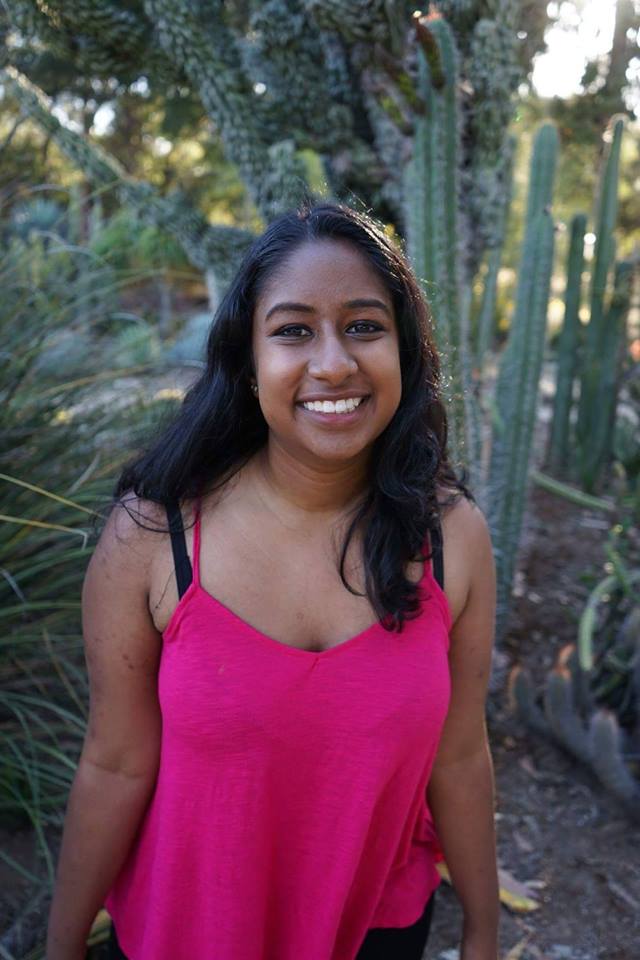I understand that there are flaws with my culture. Being raised in an immigrant, South Asian –– specifically Sri Lankan and Indian in my case –– household, I’ve grown to recognize the problems that we face –– colorism, sexism, racism, religious discrimination, caste discrimination –– the list could go on. As part of the new generation that has benefitted from a multicultural upbringing, I want to bring these issues to wider attention, to make sure that those who are marginalized both inside and outside the South Asian community can speak out and reverse some of the common negative stereotypes that are present within the community itself. I realize I also have my biases and my “blindspot moments” when it comes to making the South Asian community more socially just and aware, but I also want to grow and learn more through making mistakes. However, I’ve come to realize that when those who aren’t South Asian themselves or who haven’t grown up in a South Asian context try to point out the same problems that exist within South Asian communities, I feel very uncomfortable. Why is that?
When someone refers to “South Asia,” they generally mean the region of the Asian continent that consists of India, Pakistan, Bangladesh, Sri Lanka, Nepal, Bhutan, and Afghanistan. This semester, I’m enrolled in two courses that pertain to topics relating to South Asia. Both are taught superbly well, with professors that are experts in their respective fields and have done years of extensive field research. Obviously both courses touch upon hot button issues that are currently being debated within South Asian communities today. Why do Bollywood and popular Indian culture perpetuate the notion that fair skin equates to beauty? Is the situation really better for those of the “untouchable” caste? Why do India and Pakistan not get along? While these are questions that are open to everyone regardless of what culture they identify with, I believe there is always a way to answer these questions –– assuming the respondent is not of South Asian descent –– without being a preacher.
I would identify the aforementioned type of behavior as “whitesplaining” –– when white people feel the need to explain problems that are faced by people of color to people of color themselves. I don’t think people who “whitesplain” have bad intentions –– I think they think they’re genuinely helping by raising awareness about a particular issue. However it’s frustrating, as a person of color, when those who aren’t of color lecture me about problems that face my community. Minorities are already marginalized in every aspect of society, and to crowd out their speech in favor of trying to “better” their communities is counterintuitive to progress in social justice. Specifically to South Asian communities across the world, we come from a history that has been shaped by European colonialism –– to try to tell us how to improve our communities and countries is to perpetuate the history of outside meddling that we are now trying to undo. It is our turn, whether you identify as South Asian or another person of color, to take agency of our own lives and to make progress in our communities toward social justice.






